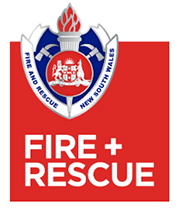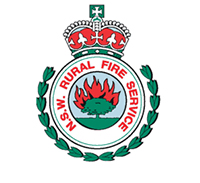Fire Safety
Smoke alarms in the home
[st_box title=”FACT” type=”info”]Smoke from a home fire is toxic, only early warning can assist in giving your family vital time to escape a smoke filled room. Also, when asleep you will not smell the smoke from a fire and the smoke will actually put you into a deeper sleep. A smoke alarm can provide the early warning you need and is the critical first step in your home fire safety plan.[/st_box]What are the types of smoke alarms available?
There are hard wired (connected to mains power with a battery back-up) or battery powered smoke alarms available. There are models available for use in kitchens and caravans and for those with special needs such as the hearing impaired. Models incorporating an emergency light are also available. Often incorrectly referred to as “smoke detectors”.
A combination of photoelectric and ionisation alarms (hard wired and interconnected) should be installed. If you are only installing one alarm, the fire services strongly recommends that it should be a photoelectric alarm. Photoelectric alarms appear to be superior to ionisation alarms in most circumstances, and there is little appreciable difference in performance during flaming fires. Therefore, photoelectric alarms may provide a faster warning in many circumstances.
Whatever type you choose to use we recommend that:
- Every house or home unit has a suitable number of working smoke alarms installed.
- There should be smoke alarms on every level of your home.
- Only Australian Standards AS 3786 approved alarms should be used.
- Hard wired alarms must be fitted by a qualified electrician.
- Smoke alarms must be installed according to the manufacturer’s instructions.
- All smoke alarms should be tested regularly and at least monthly.
- You should replace the battery in each smoke alarm at least once a year.
- Alarms should be replaced as recommended because they have a limited lifespan.
- To be effective smoke alarms must be cleaned regularly.
- Your household should prepare a written escape plan and practise it regularly.
Smoke Alarm safety tips
- Remember that smoke from a fire will make you confused and that you cannot see in smoke.
- If you have escaped from a home fire, remember once you get out stay out and dial Triple Zero (000).
- Let your children master fire escape planning and practice before holding a fire escape drill.
- If a family member has hearing or mobility problems ensure that these are taken into account and if necessary that someone is assigned to help them escape.




